The sales function is ubiquitous in organizations today; every business has one and most not-for-profits do as well (although it may have a different name, such as “donor development” for example).
Sales is supposed to sell stuff with the assumption that if they perform this task effectively and consistently, revenue and economic health for the organization will follow.
The sales function has generated an entire secondary industry around building selling skills and building sales competencies.
There are entire academic and consulting communities that exist for the sole purpose of teaching people how to be more proficient at selling. enhance their selling proficiency. How to manage a sales funnel; how to cold call; how to generate leads and how to overcome objections.
In spite of the burgeoning industry surrounding sales, I’m not convinced that sales adds enough value in its present form to an organization to justify its continued use; in fact, I think there are some compelling reasons to justify eliminating it.
Sales is supply focused
Sales is primarily driven by the supply side of the equation.
Marketing determines which products and services are to be sold and it’s up to sales to move them to market in a way that avoids building up unnecessary and costly inventory. If there is a surplus of a certain product, sales are “spiffed” to apply extra focus and energy to sell it.
The demand side of the equation is given less attention relative to its supply cousin. Being guided by what the client wants is ignored in unfortunately too many organizations because they may be led to a solution that either isn’t in their business plan as a priority or it is consistent with their business focus, but they can’t supply it and satisfy the client’s expectations. Simply moving inventory without due regard for what customers are asking for isn’t selling; it’s glorified pushing.
Sales flogging doesn’t build customer loyalty
Flogging products and services does nothing to create a consistent long-term revenue stream for the organization.
Sales generally has a short-term focus — meet annual sales targets — which is encouraged by a compensation plan based on annual product sales. The behaviors necessary to build long-term client loyalty are not rewarded at all; how the client FEELS about the salesperson — and HOW they do their job — rarely gets asked yet it’s critically important in determining a long-term mutually beneficial relationship.
Sales don’t invite people to buy
Sales, as practiced today, offers little incentive for people to buy because the spotlight is on flogging rather than relationship-building.
The focus is on pushing rather than listening; on channeling the conversation to a predetermined solution rather than being open to what the client wants and desires.
An invitation to buy that is both relevant to the client and compelling a call to action on their part is an attribute missing in too many client engagements.
I once bought a boat from a salesperson who spent probably 80% of his time asking my wife exactly what she expected in a boat. He didn’t do any selling. He listened; asked questions and provided honest answers. The process — and invitation to be a member of the boating community — was so enjoyable we were compelled to buy.
Sales have too much testosterone
Salespeople like to think of themselves as battlefield warriors who must compete with their competitors — “the enemy”.
The desire to outgun the competition pervades their being, often at the expense of paying attention to and looking after their client.
I’ve known sales warriors who have focused more on “getting the bad guys” than spending time with their client understanding their “secrets” and providing a solution that would rock them.
There is a lack of understanding in sales that if the client is treated well, the bond with them becomes an impermeable barrier through which competitors can’t pass. And the competition can almost be ignored.
Sales don’t like service
Servicing the customer after the sale is something most salespeople don’t like doing. They would much rather pass the client off to the service department to take care of any after sale issues because they want to move on to making another sale.
Quite frankly, many salespeople view the need to service their client after they’ve taken their money as a repugnant act; one that doesn’t pay them anything.
“Sell ‘em and leave ‘em” is the mantra of many sales teams, showing utter disregard for the proven benefits of long-term client relationships that only come from a HUGE service element.
Do organizations need a sales department?
I would argue that if sales is to continue to perform its more traditional role, they don’t.
The traditional sales role is outdated and extracts long-term value from the organization; a quick hit transactions modus operandi doesn’t create a stream of consistent benefits.
If sales takes on a more serving role, on the other hand, it will have a promising future. It will produce long-term loyal client relationships that will produce a consistently healthy economic performance for many years.



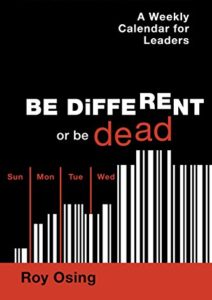

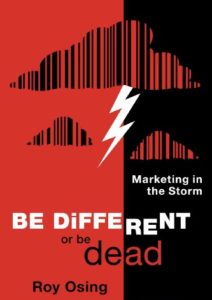
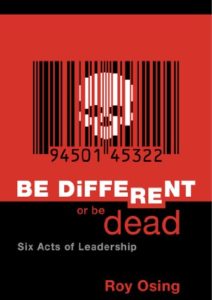
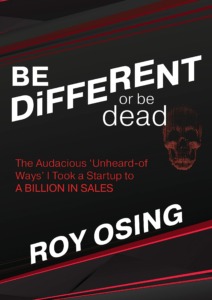
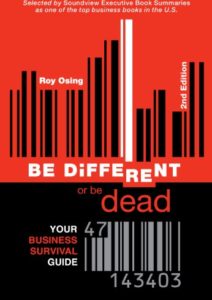









Comments